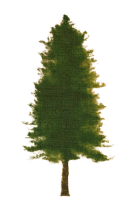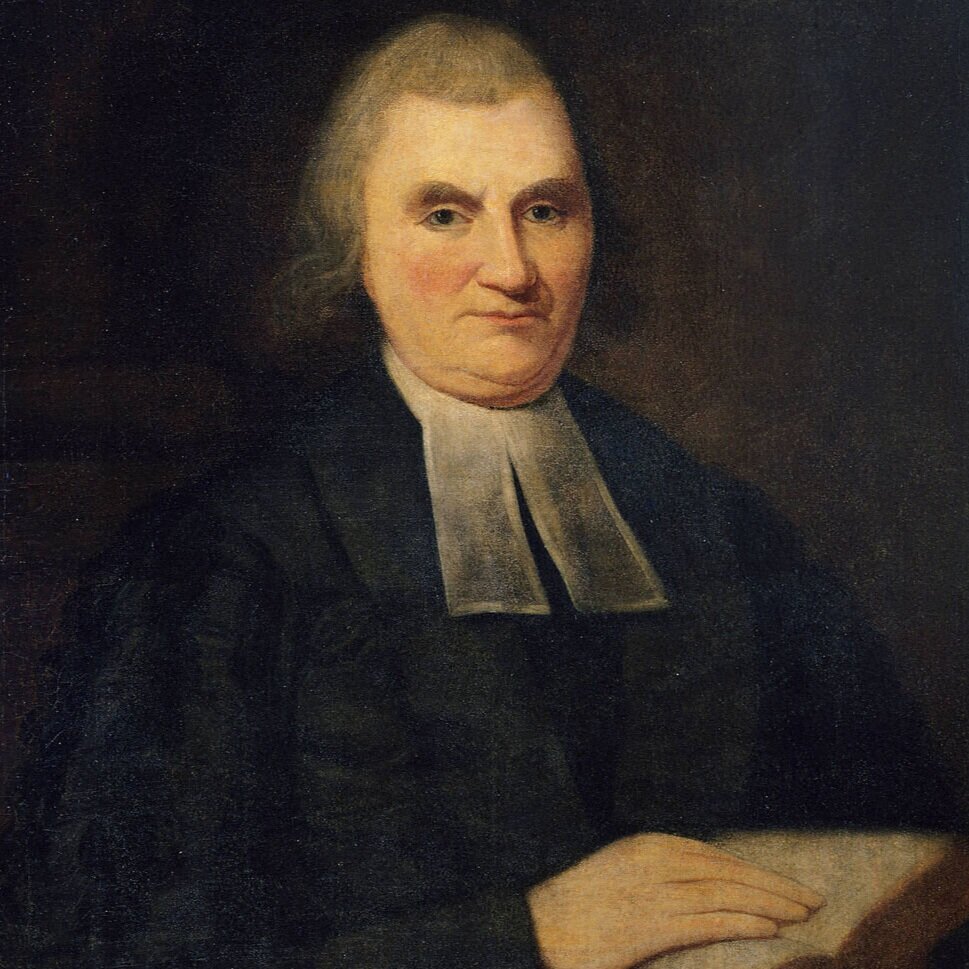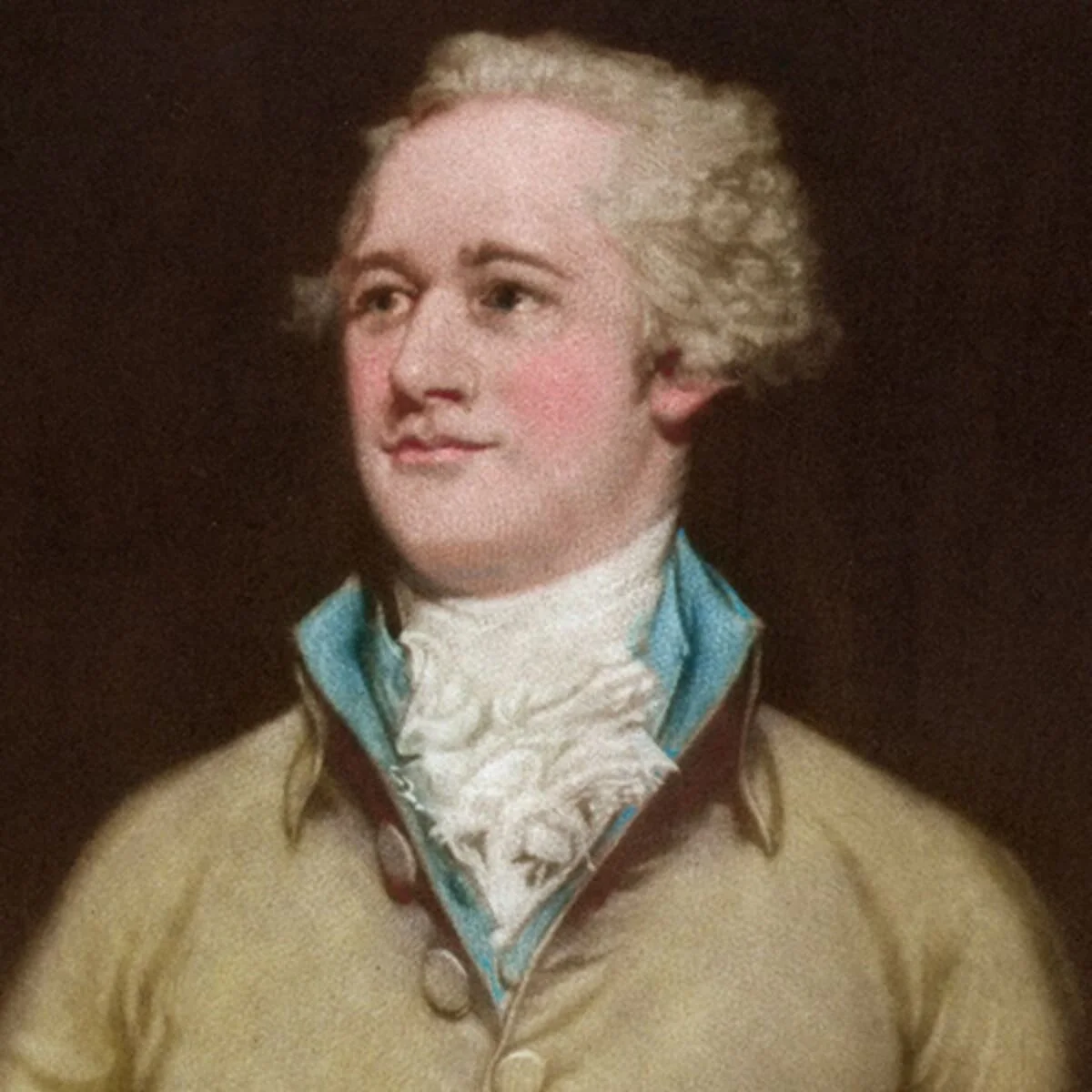
“Nothing is more evident both in reason and the Holy Scriptures, than that religion is ever a matter between God and individuals; and, therefore no man or men can impose any religious test without invading the essential prerogatives of our Lord Jesus Christ.”
— The Reverend Isaac Backus who founded a Baptist congregation at Middleboro, Mass., in 1756
American Patriots Cast
This is not your traditional cast page and the names and profiles will only grow as we uncover more and more people who contributed to the War and will help provide context to the story. We will also provide an ongoing list of “guides” - those professors, teachers, and authors who we will interview in and around the sites and sounds of our heritage. Much of the film will center around the charge to Revolution and the procurement of victory. However, the root of what inspired the colonists in 1775 goes back further, certainly to their arrival but primarily to the events of the 1700s, including the Great Awakening, French and Indian Wars, and the general establishment of what would be a uniquely American set of ideals.
John Adams, Massachusetts delegate, ambassador to France and England, and active at the Congregational Church in Braintree, Massachusetts.
James Francis Armstrong, served as a private in the New Jersey militia and then as a regimental chaplain. He became longtime pastor of First Presbyterian Church at Trenton, New Jersey.
Isaac Backus, pastor of Middleborough Baptist Church in Middleborough, Massachusetts. He campaigned against state-established churches.
Mercy Otis Warren, poet, playwright and pamphleteer during the American Revolution.
Crispus Attucks was an American whaler, sailor, and stevedore of African and Native American descent, generally regarded as the first person killed in the Boston Massacre and thus the first American killed in the American Revolution.
Ezra Stiles, pastor of several churches including Congregational Church at Portsmouth, New Hampshire, and the Second Congregational Church of Newport, Rhode Island. He later became president of Yale College and founder of Brown University.
Paul Revere, famous for his midnight ride to warn neighbors of the marching British. He was among the first to ring the bells at the Old North Church in Boston, where he was a member. He later became active at the West Church.
John Witherspoon, Scottish American Presbyterian minister, president of the College of New Jersey (Princeton), and New Jersey delegate.
Patrick Henry, Virginia delegate, Virginia governor, and member of Christ Church in Richmond.
Joseph Roby, minister at Third Parish (now Saugus) Church in Saugus Massachusetts, near Lexington. He and 62 men from Third Parish met at Jacob Newhall's tavern on April 19, 1775, and proceeded to Lexington to fight in the Battles of Lexington and Concord.
Richard Peters, pastor of Christ Church in Philadelphia.
John Gano, the founding pastor of the First Baptist Church in New York City, an army chaplain who allegedly baptized his friend, General George Washington.
Samuel Adams, Massachusetts delegate and organizer of the Boston Tea Party. He was a member of the New South Church in Boston.
Wentworth Cheswell helped deliver the news of the patriot cause early in the fighting. He also served in a select group called Langdon's Company of Light Horse Volunteers. He attended Exeter Academy and later became a deacon there.
Richard Allen became bishop of the African Methodist Episcopal Church in 1794. During the War, he drove a salt wagon and purchased his freedom in 1780.
Sybil Ludington rode twice as far as Revere through Putnam and Dutchess Counties, New York, to spur on local militia to fight a British force that had attacked nearby Danbury, Connecticut.
Moses Allen, pastor of Midway Congregational Church in Midway, Georgia. When Savannah fell, he was taken prisoner and died trying to escape.
Christopher Greene commanded The First Rhode Island Regiment, created during the infamous winter at Valley Forge, and became noted for its bravery and courage, receiving its first baptism by fire during the Battle of Newport in 1778.
Morgan Lewis, served in increasing rank during the war, as governor of New York, and later as major general during the War of 1812.
James Armistead Lafayette served the Continental Army during the American Revolutionary War under the Marquis de Lafayette. As a double agent, he was responsible for reporting the activities of Benedict Arnold after he had defected to the British, and of Lord Cornwallis during the run-up to the Battle of Yorktown. He fed the British false information while disclosing very accurate and detailed accounts to the Americans.
Samuel Sherwood, pastor of Northfield Congregational Church in Weston, Connecticut. He famously preached on the book of Revelation and its relationship with the approaching war.
George Washington, Virginia Delegate, General of the Army. He served more than 20 years as a vestryman and churchwarden for Fairfax Parish and Truro Parish, Virginia. He privately prayed and read the Bible daily, and he publicly encouraged people and the nation to pray. He also persuaded Congress to fund chaplains to care for the troops.
Lemuel Haynes, pastor of New York’s South Granville Congregational Church. He served with the minutemen of Granville.
Manasseh Cutler, pastor at the Congregational Church in Ipswich, Massachusetts, a representative to Congress, and a founder of Ohio University.
Phillips Payson, Jr., a pastor in Chelsea, Massachusetts, formed an armed party to protect their parish in 1775. During the Battles of Lexington and Concord, their militia engaged British troops at Menotomy (Arlington).
Thomas Jefferson, Virginia delegate, author of the Declaration of Independence, author of the Virginia Constitution, and the third president of the United States.
Moses Seixas, warden of the Hebrew Congregation of Newport, Rhode Island, and who sent a letter of support to the newly installed President George Washington.
Charles Carroll, Maryland delegate and the only Catholic signer of the Declaration of Independence.
Jonathan Edwards, pastor of the church in Northampton, Massachusetts, leader in the First Great Awakening (1733-35). He’s the grandfather of Aaron Burr.
John Locke greatly influenced the American Patriots through his writings, especially “The Second Treatise of Government” and “Letter Concerning Toleration”. It is Locke who pens the phrase “an appeal to heaven”, one that is then picked up by Samual Adams, George Washington, and others.
Prince Easterbrook served in nearly every major campaign of the war, enlisting in the company of Captain John Parker, the first to engage the British at Lexington.
Jonathan Mayhew, pastor of Old West Church, Boston, Massachusetts. His sermon, “Discourse Concerning Unlimited Submission” (1752), is considered the first volley into the American Revolution.
Peter Salem was a member of the famous Massachusetts Minutemen and was involved in a number of important battles, including the battles of Bunker Hill, Concord, and Saratoga (the first American victory of the Revolution). He gained much notoriety in the Battle of Bunker Hill.
Francis Asbury, itinerate Methodist bishop based in Virginia.
Abagail Adams, wife and strongest advisor to John Adams.
James Caldwell, pastor of the Presbyterian Church in Elizabethtown, New Jersey. Known as the Fighting Parson. His wife was murdered by the British, and he was killed in 1781 by someone suspected of receiving payment to do so.
Henry Lee III, cavalry officer known as Light-Horse Harry. He served as a representative to Congress and later as governor of Virginia. He's the father of Robert E. Lee. He attended Christ Church in Alexandria.
Peter Muhlenberg, Lutheran minister in Woodstock, Virginia, who threw off his clerical robes at the end of the service to reveal the uniform of a Virginia militia officer. He commanded a brigade that successfully stormed the British lines at Yorktown.
Benjamin Rush, Pennsylvania Delegate, Physician, and a member of Christ Church in Philadelphia. He served as surgeon general to the army.
Nathaniel Bartlett, pastor of the Congregational church of Redding, Connecticut, and a military chaplain to Putnam's Division during their encampment in Redding the winter of 1778-79.
Alexander Hamilton, joined the New York volunteer militia called the Hearts of Oak. He became a captain in the war and the secretary of the treasury under Washington. He died as the losing side of a duel with Aaron Burr. He attended Trinity Church in New York.
Jacob Duché, pastor of Christ Church in Philadelphia, Pennsylvania, and the first chaplain to the Continental Congress.
Samuel Seabury, the first American Episcopal bishop and the first Bishop of Connecticut.
Elihu Spencer, chaplain to the militia troops during the French and Indian War and went to North Carolina during the American Revolution to convince loyalist congregations to join the patriot cause.
Timothy Dwight IV, pastor at Greenfield Hill Congregational Church in Fairfield, Connecticut, and president of Yale College.














































